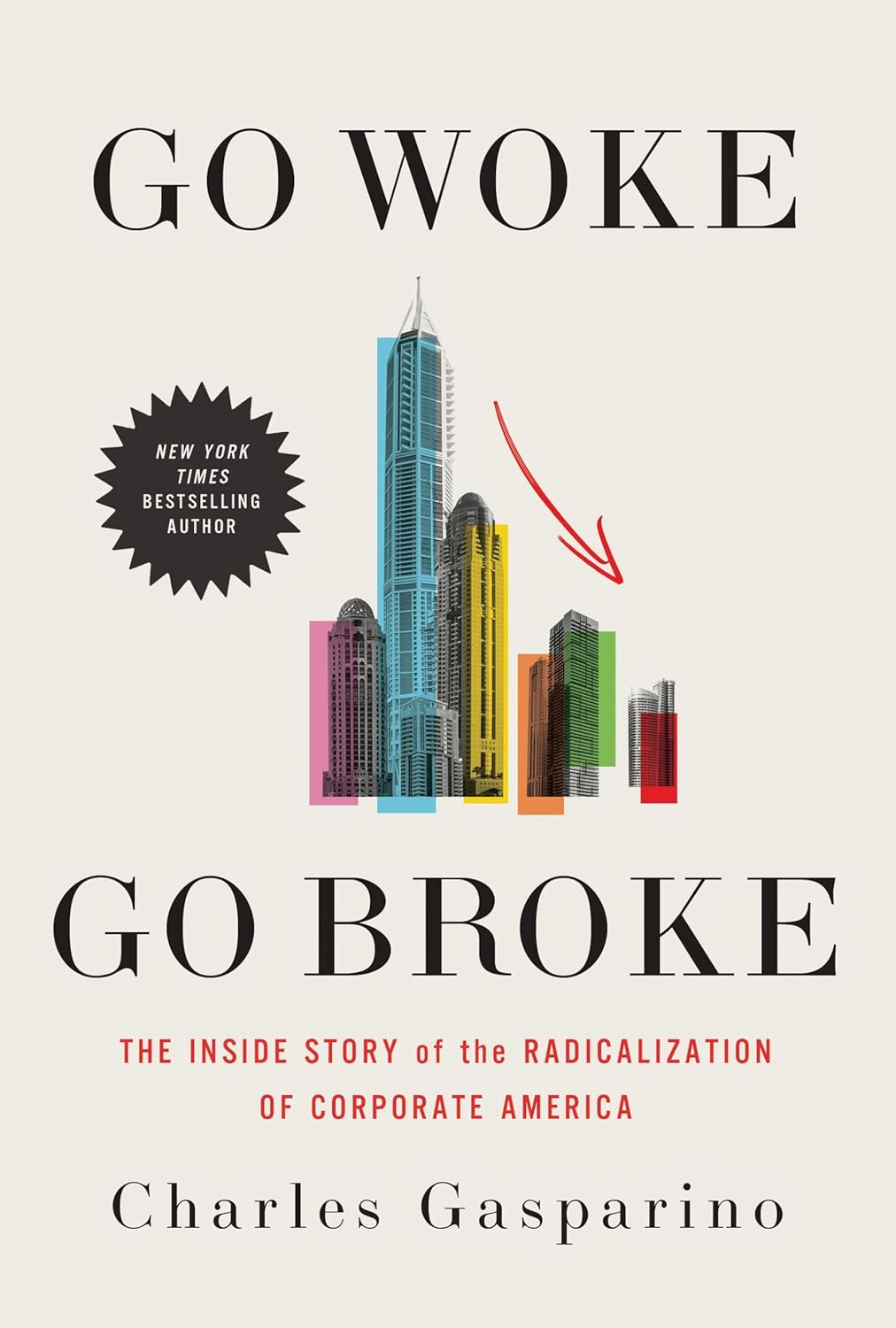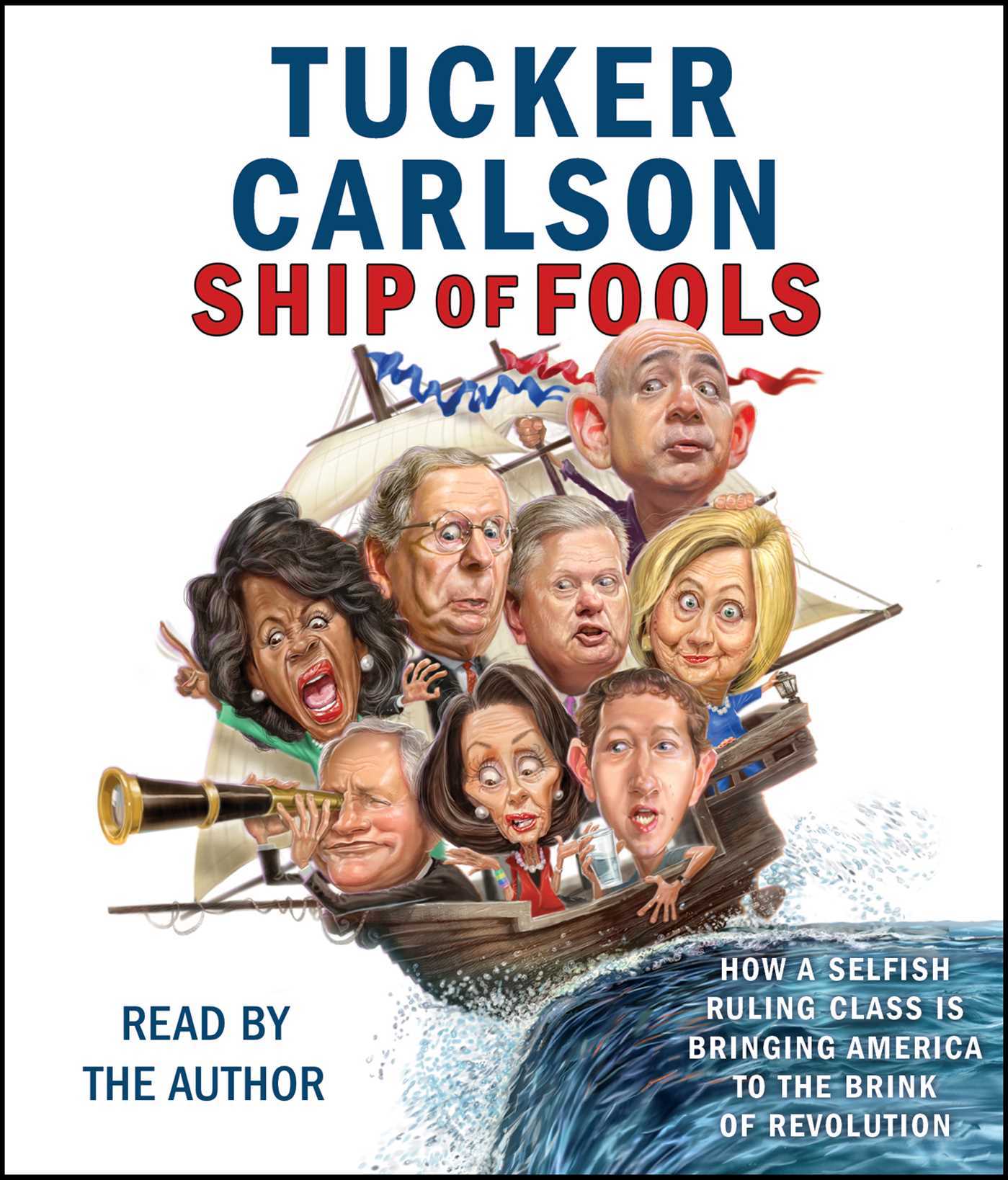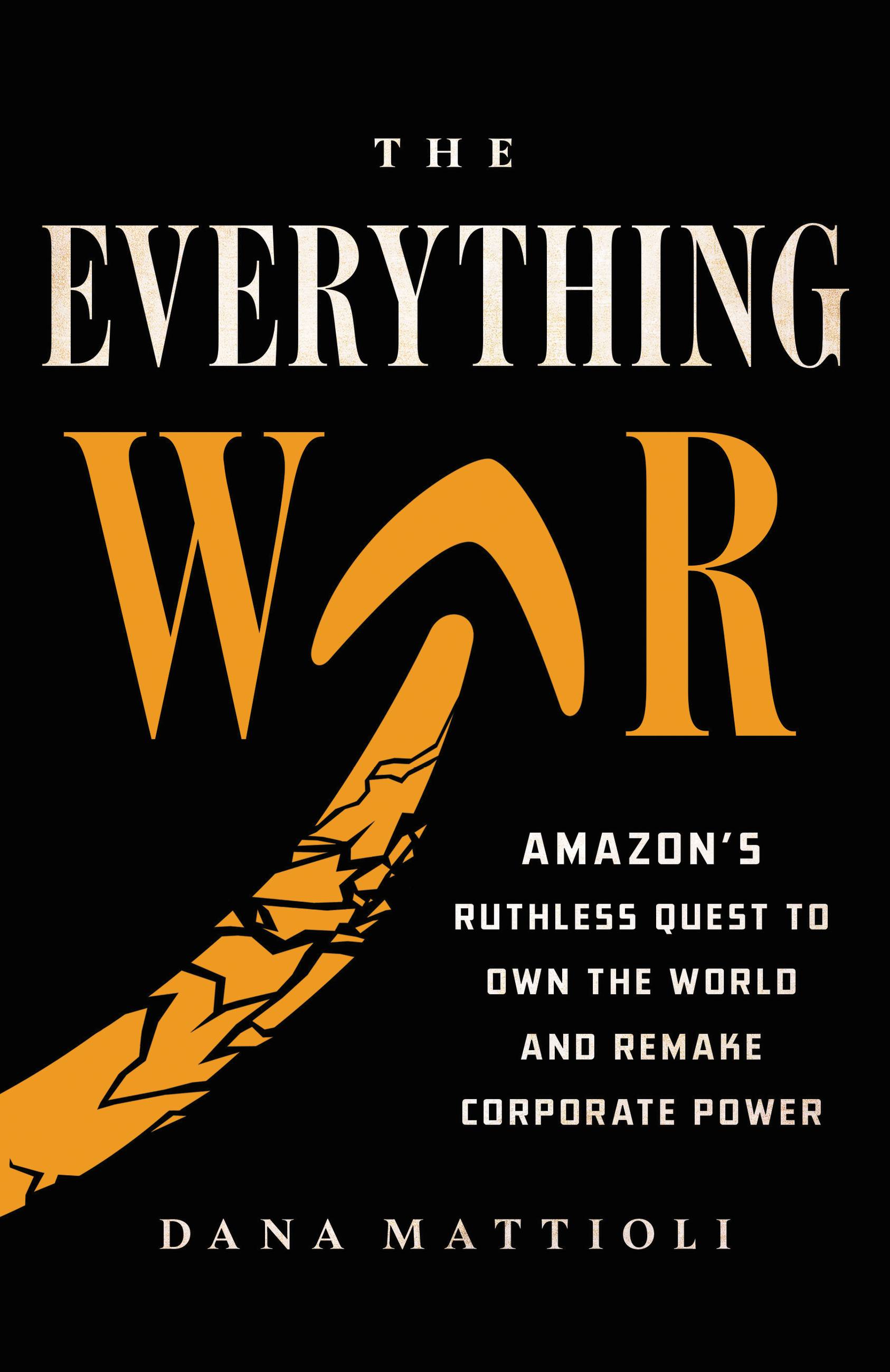
Go Woke, Go Broke: The Inside Story of the Radicalization of Corporate America
Book Description
Corporate America stands at a crossroads, caught between profit and political correctness. In 'Go Woke, Go Broke,' Charles Gasparino unveils the explosive story of how the quest for social justice is reshaping boardrooms, with consequences that ripple through the economy. Businesses once solely focused on the bottom line now find themselves battling the fierce backlash of activists and shareholders alike. As iconic brands become battlegrounds for ideological wars, who will emerge unscathed? Dive into a gripping exploration of power, influence, and the high stakes of alignment in a divided world—will the drive for wokeness ultimately lead to their downfall?
Quick Book Summary
"Go Woke, Go Broke" by Charles Gasparino delves into the seismic shift occurring across Corporate America as companies increasingly prioritize social justice causes and political activism alongside—or even over—their traditional focus on profits. Gasparino investigates how culturally charged issues have migrated from activist circles to boardroom decision-making, pushing corporations into controversial positions that can alienate portions of their customer base, spark shareholder unrest, and even hurt bottom lines. Through interviews, case studies, and sharp industry analysis, Gasparino tracks high-profile brands that have become flashpoints in the nation's cultural wars, revealing the tough decisions leaders face navigating today's polarized environment. Ultimately, the book poses a critical question for business leaders: is aligning with progressive causes a path toward long-term relevance or a costly distraction with real financial consequences?
Summary of Key Ideas
Table of Contents
The Rise of Corporate Activism
Corporate America has undergone a pronounced transformation in recent years as social justice issues have taken hold in boardrooms. No longer content with focusing solely on financial performance, companies from tech giants to soft drink producers have increasingly adopted stances on political and cultural debates. Gasparino traces this pivot to changing consumer expectations, the influence of social media, and a new generation of employees keen on seeing their workplaces take principled stands. Corporate policies on diversity, equity, and inclusion have become common, signaling a broader trend toward engagement with progressive ideals.
Backlash from Consumers and Shareholders
However, this pivot is not without significant pitfalls. Companies find themselves squarely in the crosshairs of cancel culture, facing boycotts, reputational crises, and bitter backlash when their public positions clash with the core values of sizable customer segments. Gasparino provides in-depth case studies—such as controversies involving Nike, Gillette, and Disney—to illustrate the tangible impact of activism gone awry. These examples showcase how social justice endeavors, when clumsily executed, can wield immense negative influence on brand loyalty and sales performance.
Leadership Dilemmas in a Divided America
Shareholders, too, are increasingly vocal, creating tension between management’s social justice objectives and responsibilities to maximize profits. Gasparino highlights high-stakes proxy fights and shareholder resolutions challenging executive decisions to wade into controversial territories. This internal struggle often leaves leadership caught between polarized constituencies—as every move risks angering either progressive consumers or more traditional, profit-focused investors. Corporate leaders now must weigh the repercussions of each public statement or policy change with unprecedented scrutiny.
Financial Consequences of Political Engagement
Financial fallout can be severe when corporate wokeness alienates stakeholders or drifts away from market fundamentals. Gasparino details the measurable declines in sales, stock prices, and public trust suffered by some firms. He underscores that certain initiatives, while well-intentioned, may ignore the complexity of public sentiment and market dynamics. As companies grapple with increasingly politicized brand identities, many find themselves on unsure footing, unable to reconcile activism with sustainable growth.
Navigating the Future of Corporate Responsibility
Yet, not all stories end in disaster. Gasparino concludes by examining businesses that have navigated activism adeptly, leveraging purpose-driven messaging to build stronger connections without overreaching or alienating core constituencies. Ultimately, the book urges business leaders to critically evaluate whether engaging in cultural battles is a prudent path. With the risks and rewards finely balanced, "Go Woke, Go Broke" issues a call for pragmatic, nuanced approaches to corporate responsibility in a polarized era.
Download This Summary
Get a free PDF of this summary instantly — no email required.





